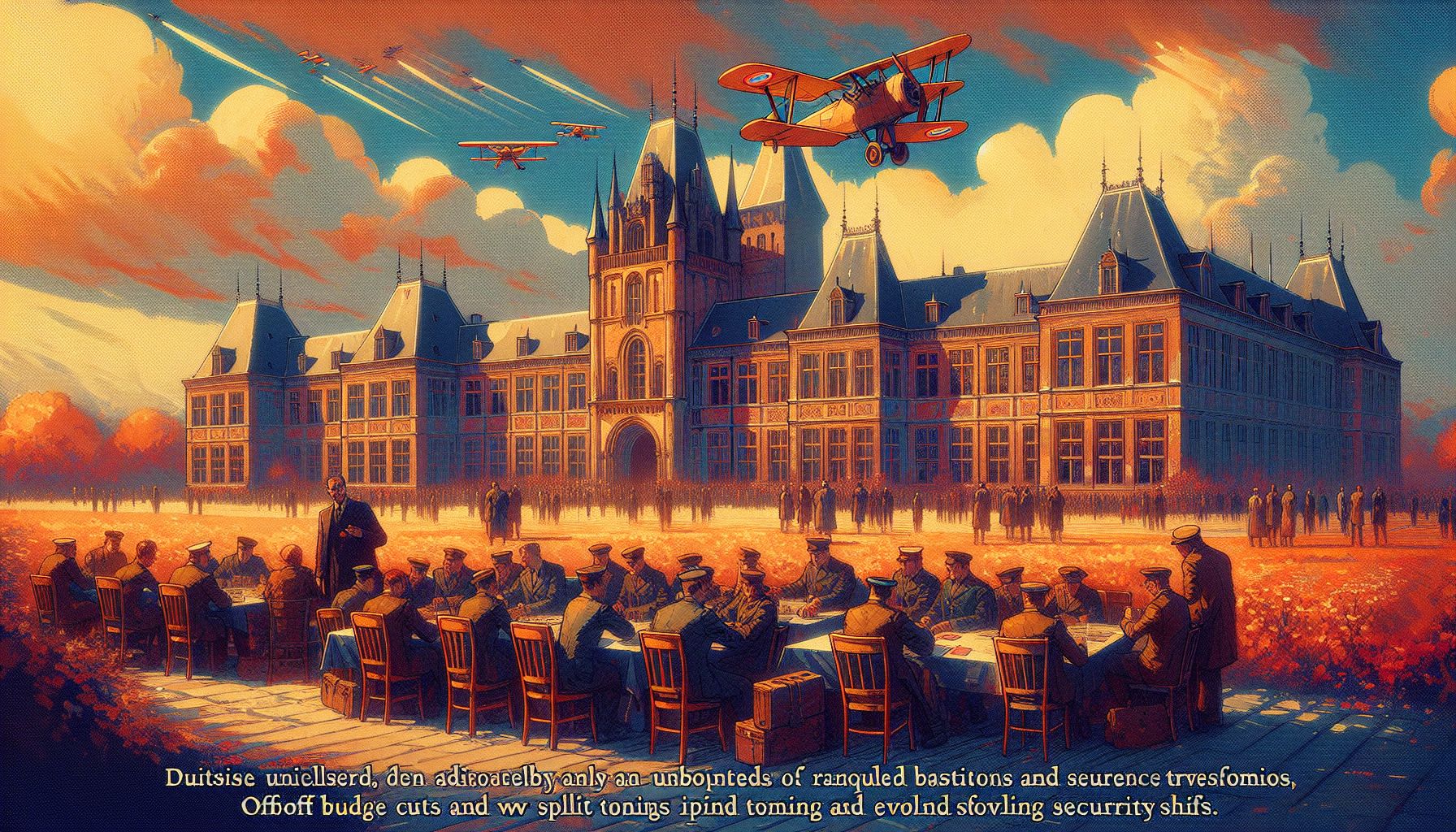Dutch Advisory Council Proposes Defense Funding for Research Innovation

Delft, Wednesday, 30 October 2024.
The Advisory Council for Science, Technology and Innovation (AWTI) recommends using defense funds to bolster research and innovation in Dutch universities. This strategy aims to offset budget cuts while addressing evolving security challenges, potentially marking a significant shift in academic funding and focus.
Context and Motivation
The Advisory Council for Science, Technology and Innovation (AWTI) has released a report titled ‘Kennisoffensief voor defensie,’ emphasizing the necessity of investing in research and innovation to strengthen Dutch defense capabilities. The report comes amid severe budget cuts to education and research in the Netherlands, a situation compounded by the evolving nature of global security threats. Jos Benschop, an AWTI council member and executive vice president of technology at ASML, highlighted the geopolitical shifts that have propelled security concerns back into the spotlight, notably mentioning the annexation of Crimea and the full-scale invasion of Ukraine[1][2].
Strategic Shift in Academic Funding
The AWTI’s proposal suggests that Dutch universities and research institutions could compensate for the budget cuts by engaging in defense-related research projects. This approach not only aims to bridge financial gaps but also aligns with the increased defense spending observed across Europe. The report advocates for a reassessment of traditional academic roles, urging institutions to recognize the potential military applications of their research in fields like artificial intelligence, robotics, and media studies. By tapping into European defense innovation grants, Dutch institutions may find new revenue streams amidst financial constraints[1][2].
Balancing Open Science and Secrecy
One of the more contentious aspects of the AWTI’s proposal is the call for a dialogue between the scientific community and defense sectors to navigate the tension between open science and the confidentiality required in defense research. The council acknowledges that understanding and adapting to this duality may require a cultural shift within academic circles. While the concept of ‘knowledge security’ is touched upon, the report emphasizes that some scientific endeavors might inadvertently support military objectives, necessitating careful consideration and ethical discourse[2].
Long-Term Vision and Implementation
AWTI stresses that restoring the Netherlands’ capacity for defense-related knowledge and innovation is a long-term endeavor, drawing parallels to the U.S. Office of Naval Research as a potential model for fostering academic and defense collaboration. Despite the immediate challenges posed by budget cuts, the council calls for sustained investment in the foundational sciences to ensure that the Dutch research landscape remains robust and adaptable. This vision underscores the need for strategic planning and investment to rebuild and enhance the nation’s defense research capabilities over the coming years[1][2].

